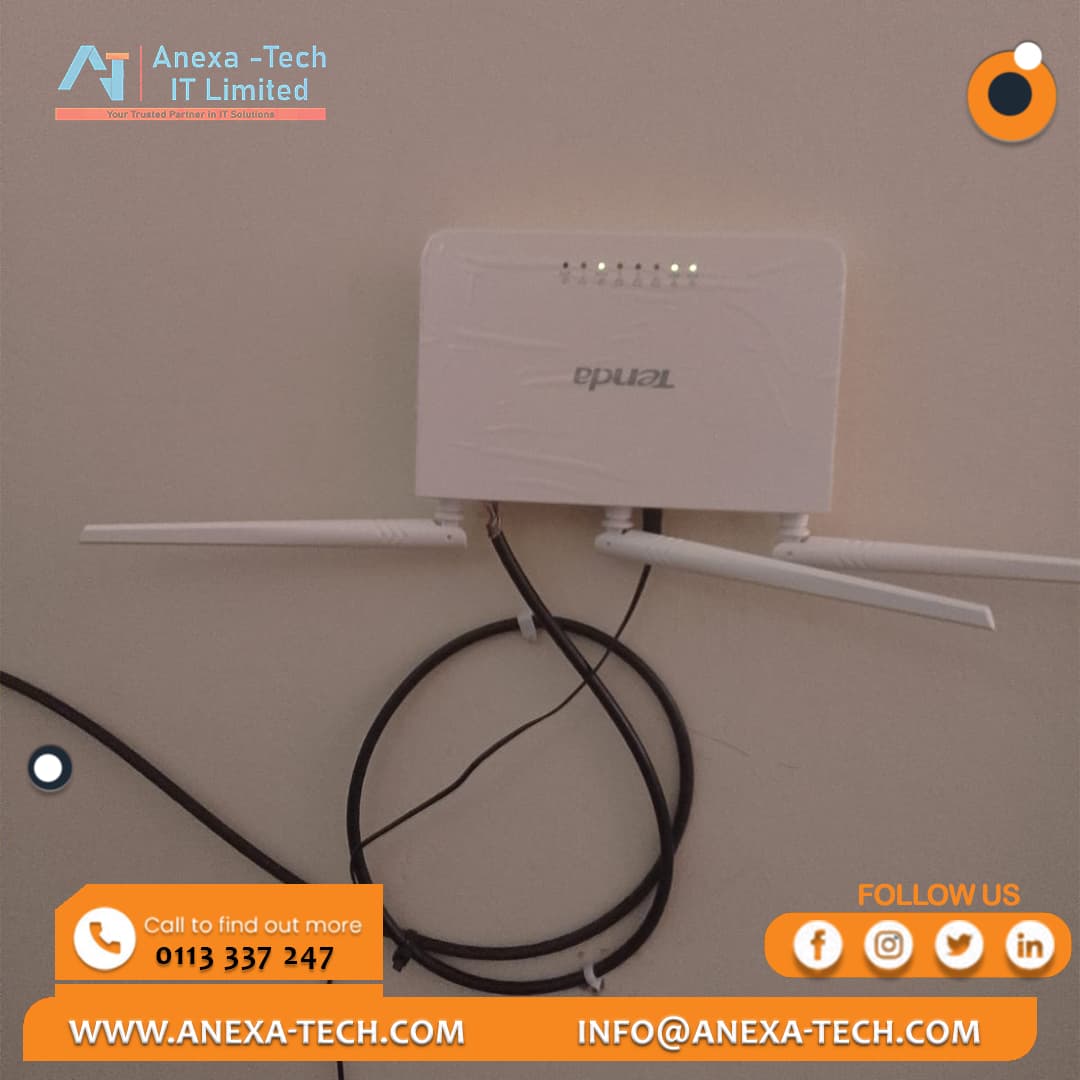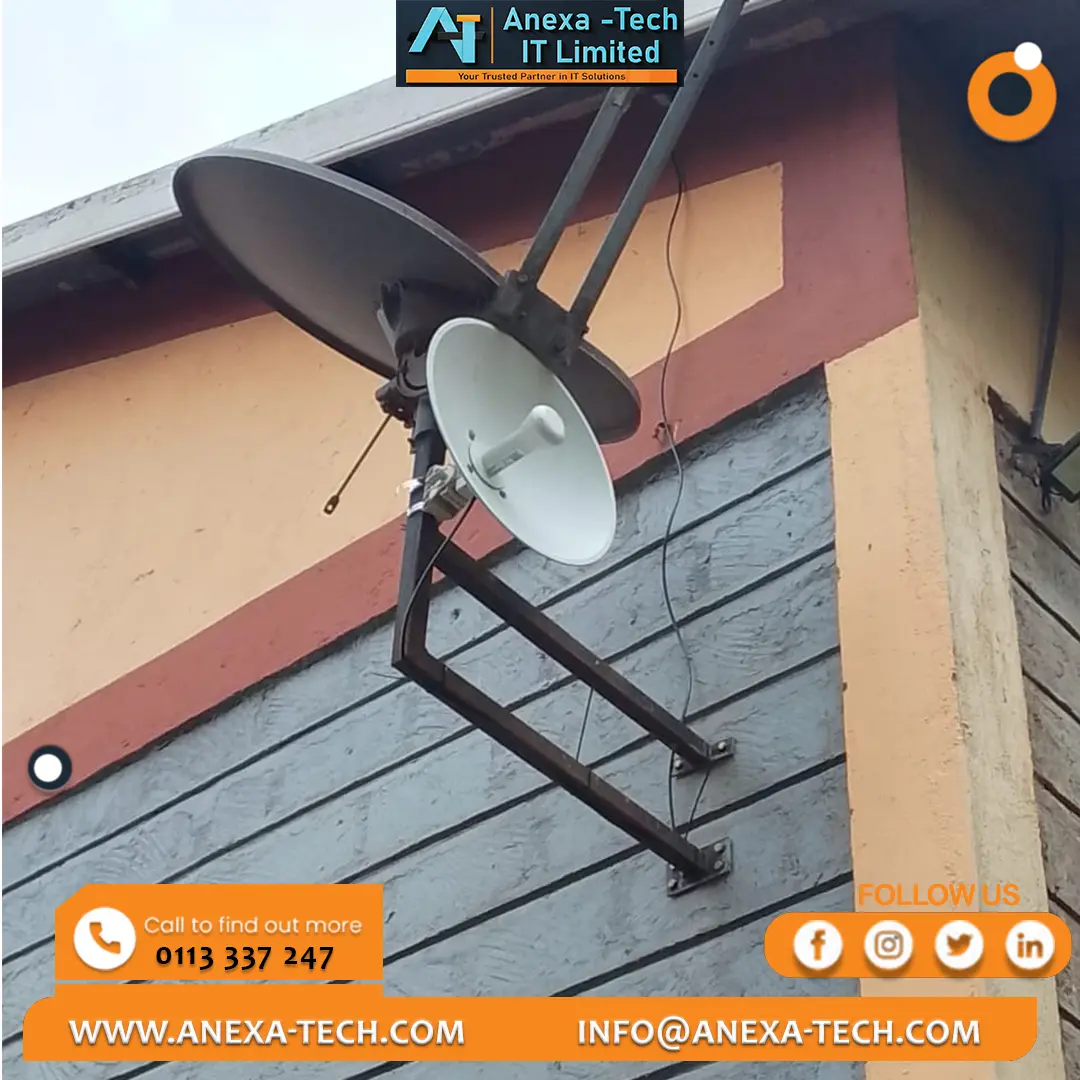Understanding CCTV Installation and its Components.

In Kenya, where crime rates are high, installing CCTV cameras is important for protecting businesses, properties, and homes.
From deterring crime to providing valuable video evidence, CCTV systems are a smart investment for property owners. But getting the most out of your system requires more than just buying a few cameras, you need proper installation and the right components.
This guide breaks down everything you need to know about installing CCTV in Kenya, including camera types, system components, costs, and bonus professional tips.
Components of a CCTV System
Before installing CCTV Cameras, it’s important to know what a complete CCTV setup includes. Here are the main components:
- Camera Units: These can be analog or IP cameras, and vary in resolution, night vision, and lens type.
- Recording Device: Either a DVR (Digital Video Recorder) for analog cameras or an NVR (Network Video Recorder) for IP cameras.
- Cabling & Connectors: Coaxial cables for DVR systems or Ethernet cables (Cat5/Cat6) for NVR setups.
- Power Supply Units: To keep cameras running, often with adapters or PoE (Power over Ethernet).
- Monitor or Mobile App Access: For viewing live or recorded footage.
Each part plays a vital role in ensuring smooth operation and recording reliability.
Types of CCTV Cameras
Different settings require different camera types. Here are the most common options in Kenya:
- Dome Cameras: Great for indoor use and offer a wide viewing angle.
- Bullet Cameras: Best for long-distance outdoor monitoring.
- PTZ Cameras: Pan-Tilt-Zoom models ideal for large areas like parking lots or compounds.
- Wireless Cameras: Easy to install and perfect for areas with limited cabling options.
Choose a camera based on your surveillance needs, budget, and area coverage.
NVR vs DVR: What’s the Difference?

Understanding the difference between NVR and DVR systems is crucial. DVRs are typically used with analog cameras and rely on coaxial cables. They’re more affordable but offer lower resolutions. NVRs work with IP cameras over Ethernet, offering better video quality and easier remote access.
In urban areas like Nairobi, NVR systems are becoming more popular due to higher internet availability. In rural areas, DVR setups are still widely used due to affordability and ease of maintenance.
Cost of CCTV Installation in Kenya
The cost of installing CCTV in Kenya depends on several factors including:
- Number of cameras
- Type of camera (HD, IP, night vision, etc.)
- DVR or NVR system
- Installation complexity
On average, a basic 4-camera DVR system may cost between KSh 20,000 and KSh 25,000, including installation. For larger commercial setups with multiple HD IP cameras, they expect to spend over KSh 100,000.
Why Hire a Professional CCTV Installer?
While DIY installation might save a few shillings, hiring professional CCTV installers ensures your system is set up correctly. Experts will identify optimal camera positions, prevent blind spots, and handle cable management. Plus, most professionals provide warranties and ongoing support, saving you future headaches.







Leave a Reply